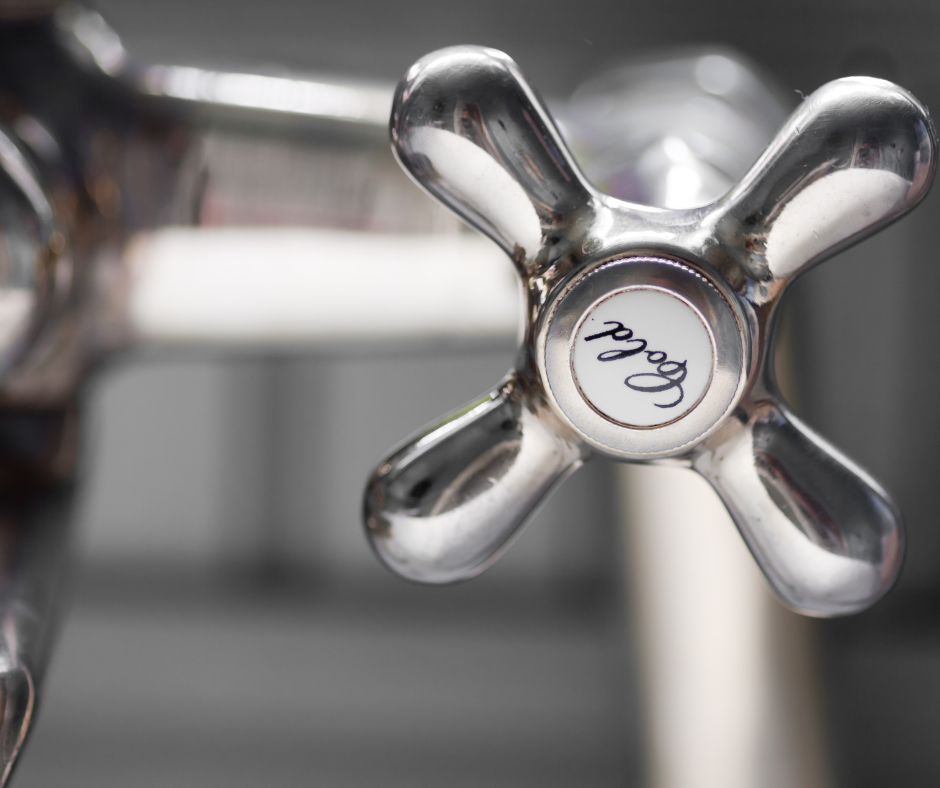A cold plunge, also known as cold water immersion or cold therapy, is a practice in which a person submerges their body in very cold water (usually 40-59 degrees) for a short period. It is a form of hydrotherapy believed to have various health benefits, especially for physical recovery, improving circulation, reducing inflammation, and potentially aiding sleep.
I cold plunge multiple times per week in the winter since I live in Salt Lake City and outside temperatures allow for my tub to stay nice and cold. I experience tremendous benefits from doing it. I feel energized. I feel far less pain or discomfort in joints and muscles. And most important, sitting in that cold plunge for 3 minutes melts away all my anxieties. For me, it helps me build mental strength and resiliency.
Here's What We Know About the Effect of Hydrotherapy on Sleep
Hydrotherapy, including the concept of showering or bathing before bedtime, can impact sleep in various ways. It can help you relax and unwind, promoting better sleep by relieving muscle tension. Importantly, the change in body temperature during a shower can signal to your brain that it's time to rest, aiding in a smoother transition to sleep. Incorporating a shower into your nighttime routine can create a relaxing and comforting ritual, contributing to a restful night's sleep.
But Wait, Weren’t We Talking About the Cold Plunge?
There are two schools of thought regarding the temperature of an evening shower or bath. The impact of hot and cold showers on sleep can vary, with each offering distinct benefits.
Hot showers before bed can promote a better sleep schedule by enhancing the body's natural cool-down process. After a hot shower, the body's rapid cool-down aids in falling asleep faster and encourages deeper sleep. The quick drop in core temperature may also stimulate melatonin production, further supporting sleep. Studies have shown that taking a warm/hot shower before bedtime can improve sleep quality by relaxing the body physically and mentally, making it easier to fall asleep.
On the other hand, cold showers before bed have mixed research findings. Some studies suggest that cooling the body before sleep can lead to improved sleep quality, with subjects falling asleep faster and experiencing fewer nighttime arousals. However, other research hasn't shown consistent benefits. Cold exposure activates the sympathetic nervous system, which may not be conducive to relaxation and sleep. Additionally, cold showers may increase cortisol levels, potentially affecting sleep negatively.
What We Have Learned
Adding an evening shower can be a useful part of a healthy sleep routine offering the significant advantage of promoting better sleep. Whether you prefer cold or hot showers depends on individual preferences and responses. Experiment with both options to find what helps you relax and promotes better sleep. Ultimately, the key factor may be taking that shower or bath and allowing the water to work its magic, contributing to a restful night's sleep.
Take the plunge, and find the perfect water temperature to help you enjoy a more restful night’s sleep.
Scroll down and sign up for our monthly newsletter to learn more.
Dream big, work hard, sleep ambitiously,
Joe Castignani



